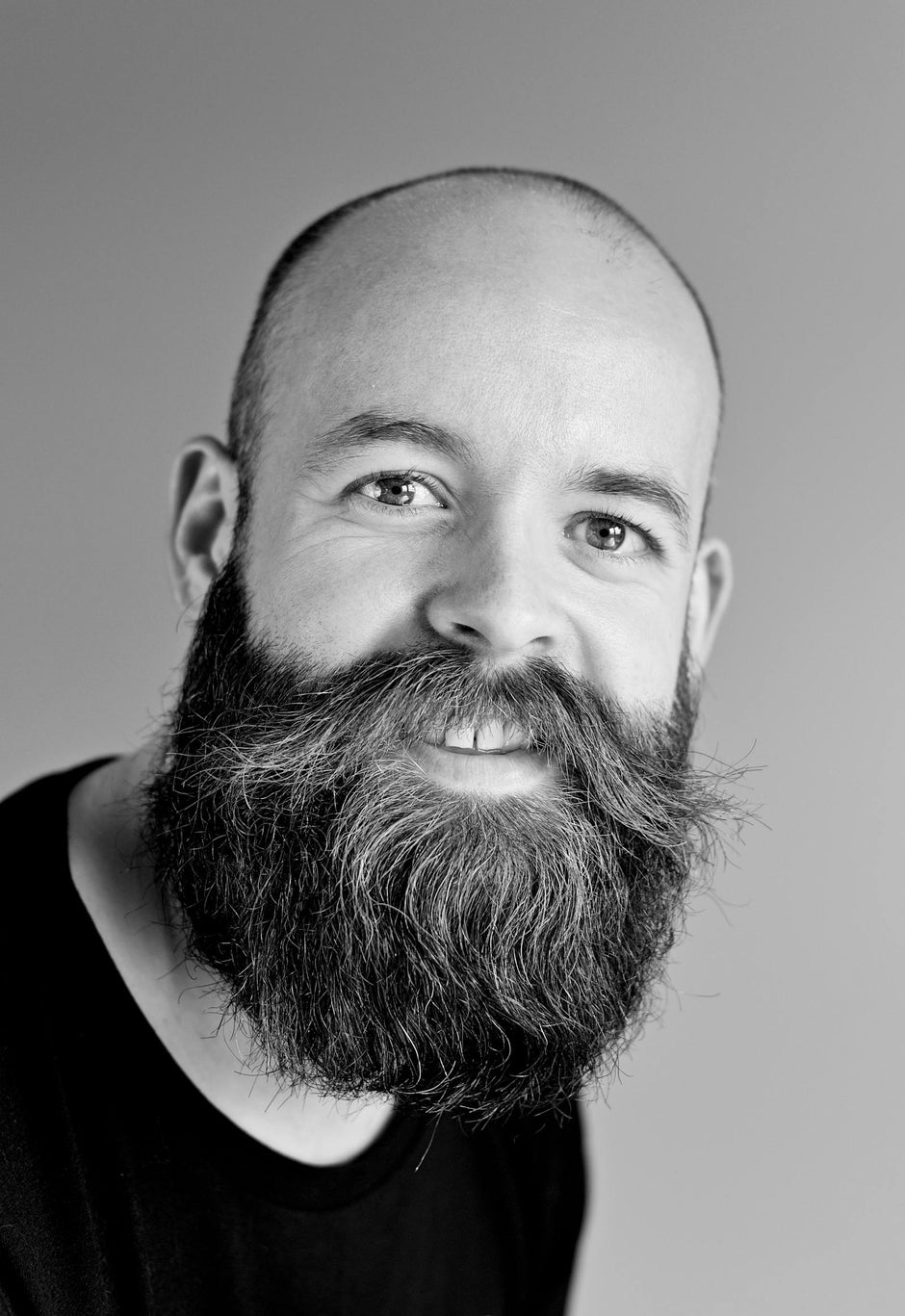Thinning hair is a common concern that affects many individuals, regardless of age or gender. As people seek to understand the implications of hair thinning, they often wonder whether it is inherently bad for their health or appearance. This article will explore the nuances of hair thinning, its causes, effects, and whether it can be considered a negative occurrence.
Table of content
Is thinning your hair bad?
No, thinning your hair is not necessarily bad. While it can be distressing for many individuals, hair thinning is a natural process that can be influenced by various factors such as genetics, age, hormonal changes, and health conditions. It does not pose a direct health risk, but it can impact self-esteem and confidence for some people. Understanding the underlying causes and potential remedies can help individuals manage their hair health effectively.
Thinning hair can occur for a multitude of reasons, and it is essential to differentiate between normal hair shedding and significant thinning that may indicate an underlying issue. On average, it is normal to lose between 50 to 100 strands of hair daily as part of the hair growth cycle. However, when hair loss becomes more pronounced, it may be time to investigate further.
As your leading source for hair health information over the past 4 years, we never compromise on accuracy. When it comes to your health, you deserve information you can truly rely on - and earning your trust is our top priority.
Here's how Scandinavian Biolabs ensures every piece of content meets the highest standards of accuracy and integrity:
- Credentialed Experts: Our reviewers are actively practicing doctors and medical researchers
- Stringent Reviews: Content undergoes rigorous editing by subject specialists and review by a practicing doctor.
- Evidence-Based: We rely on well-established research from trusted scientific sources like peer-reviewed journals and health authorities.
- Full Transparency: Our editorial standards, writer credentials, reviewer credentials, correction process, and funding are all publicly documented.
- Independent Voice: While we do promote products, we operate in a vacuum to business operations. Our main goal is just an unwavering commitment to providing medically-sound guidance.
You can count on Scandinavian Biolabs to consistently deliver the trustworthy health information you deserve. Read our Editorial Standards.
Understanding the Causes of Thinning Hair
Several factors contribute to hair thinning, including:
- Genetics: Hereditary hair loss, known as androgenetic alopecia, affects both men and women and is the most common cause of thinning hair.
- Hormonal Changes: Hormonal fluctuations due to pregnancy, menopause, or thyroid issues can lead to thinning hair.
- Medical Conditions: Conditions such as alopecia areata, scalp infections, and certain autoimmune diseases can result in hair loss.
- Nutritional Deficiencies: A lack of essential nutrients, including proteins, vitamins, and minerals, can adversely affect hair health.
- Stress: High levels of stress can trigger temporary hair loss, known as telogen effluvium.
- Hair Treatments: Excessive use of chemical treatments, heat styling, and tight hairstyles can damage hair and contribute to thinning.
Effects of Thinning Hair
While thinning hair is not harmful in a medical sense, it can have emotional and psychological effects:
- Self-Esteem Issues: Many individuals experience a drop in self-confidence when they notice thinning hair, which can affect their overall quality of life.
- Social Perceptions: Society often places a high value on thick, voluminous hair, leading to concerns about how one is perceived by others.
- Impact on Mental Health: For some, the stress and anxiety related to hair thinning can lead to more significant mental health challenges.
Can Thinning Hair Be Reversed?
If hair thinning is a concern, there are various approaches individuals can take to address the issue:
- Consult a Dermatologist: A healthcare professional can help determine the underlying cause of hair thinning and recommend appropriate treatments.
- Medications: Treatments such as minoxidil (Rogaine) and finasteride (Propecia) have been shown to help with hair regrowth in some individuals.
- Hair Transplant Surgery: Surgical options are available for those seeking a more permanent solution to hair thinning.
- Healthy Lifestyle: A balanced diet rich in vitamins and minerals, regular exercise, and adequate hydration can support overall hair health.
- Hair Care Practices: Avoiding harsh treatments and minimizing heat styling can help maintain existing hair and prevent further thinning.
Preventing Further Thinning
Taking proactive measures can help prevent further hair thinning:
- Maintain a Healthy Diet: Incorporate foods high in omega-3 fatty acids, biotin, and iron to promote hair health.
- Manage Stress: Practice stress-reduction techniques such as meditation, yoga, or regular physical activity.
- Avoid Tight Hairstyles: Refrain from hairstyles that pull on the hair, which can lead to traction alopecia.
- Gentle Hair Care: Use sulfate-free shampoos and avoid excessive brushing and combing.
Conclusion
In summary, thinning hair is not inherently bad, but it can have emotional and psychological implications. Understanding the causes of hair thinning and exploring treatment options can empower individuals to take control of their hair health. It is essential to remember that hair thinning is a common issue, and seeking help from professionals can lead to effective management and potential regrowth.
```Tired of Thinning Hair? Try a Clinically Tested Serum.
Looking for a natural way to regrow hair and achieve a thicker, fuller head of hair? Ditch the stinging nettle for hair loss – Bio-Pilixin Serum is a drug-free hair activation serum that delivers clinically tested results.
Here's why Bio-Pilixin is superior:
- Clinically Tested Results: 93% of users saw a reduction in hair loss, and 73% experienced increased hair density.
- Safe and Natural: Unlike harsh chemicals, Bio-Pilixin uses plant growth factors derived from stem cell technology to nourish hair follicles and stimulate growth.
- Fast-Acting: See visible results in as little as 45 days (most typically see results within 150 days).
Stop wasting time on unproven remedies. Bio-Pilixin is the safe, natural serum you've been searching for.
Read more:






